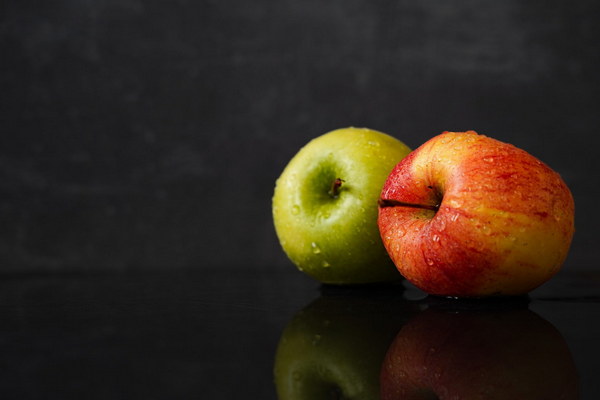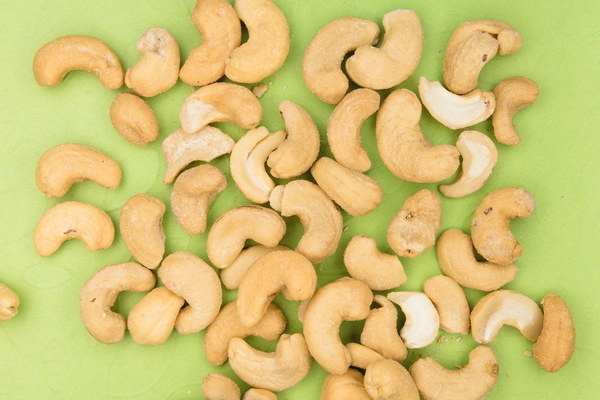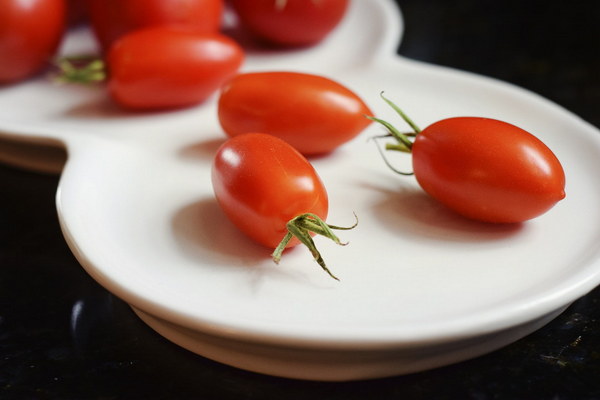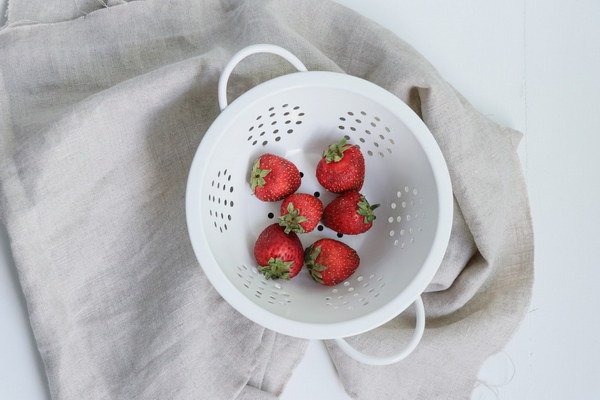Revitalize Your Health A Comprehensive Diet Plan for Severe Anemia
Introduction:
Severe anemia can be a challenging condition to manage, often requiring a combination of medical treatment and lifestyle adjustments. One of the most effective ways to combat anemia is through a well-balanced diet rich in essential nutrients. This article presents a comprehensive diet plan tailored for individuals suffering from severe anemia, focusing on foods that can help boost red blood cell production and improve overall health.
1. Iron-Rich Foods:
Iron is crucial for the production of hemoglobin, the protein that carries oxygen in the blood. Incorporating iron-rich foods into your diet is a fundamental step in managing severe anemia. Here are some excellent sources of iron:
- Lean red meats: Beef, lamb, and pork are great sources of heme iron, which is more easily absorbed by the body.
- Poultry: Chicken and turkey are also good sources of heme iron.
- Fish: Tuna, salmon, and trout contain heme iron and non-heme iron, which is absorbed more slowly.
- Legumes: Lentils, chickpeas, and kidney beans are rich in iron, as well as other nutrients that support red blood cell production.

- Green leafy vegetables: Spinach, kale, and Swiss chard are excellent sources of non-heme iron, which can be enhanced by consuming vitamin C-rich foods.
2. Vitamin C-Rich Foods:
Vitamin C enhances the absorption of iron from plant-based foods. Including vitamin C-rich foods in your diet can significantly improve iron absorption. Here are some vitamin C-rich foods:
- Citrus fruits: Oranges, lemons, limes, and grapefruits are all high in vitamin C.
- Berries: Strawberries, raspberries, blueberries, and blackberries are not only delicious but also packed with vitamin C.
- Vegetables: Bell peppers, tomatoes, and leafy greens like broccoli and Brussels sprouts are good sources of vitamin C.
3. Vitamin B12 and Folic Acid:
These nutrients are essential for the production of red blood cells. Vitamin B12 can be found in animal products, while folic acid is present in a variety of foods:
- Vitamin B12: Beef liver, clams, salmon, trout, and fortified cereals are all excellent sources of vitamin B12.
- Folic acid: Fortified grains, leafy greens, beans, lentils, and oranges are good sources of folic acid.
4. Protein-Rich Foods:
Protein is essential for the production of hemoglobin. Including a variety of protein sources in your diet can help support red blood cell production:
- Lean meats: Chicken, turkey, and lean cuts of beef are great protein sources.
- Fish: Tuna, salmon, and cod are high in protein and omega-3 fatty acids.
- Legumes: Chickpeas, lentils, and kidney beans are not only protein-rich but also contain iron and B vitamins.
- Eggs: Eggs are a versatile and nutritious protein source.
5. Hydration:
Staying hydrated is important for overall health, including the health of your blood. Ensure you drink plenty of water throughout the day to support your body's functions.
6. Moderation and Balance:
While focusing on nutrient-rich foods is important, it's also crucial to maintain a balanced diet. Avoid excessive consumption of processed foods and refined sugars, as these can exacerbate anemia symptoms.
Conclusion:
Managing severe anemia requires a multi-faceted approach, including medical treatment and dietary changes. By incorporating a variety of iron-rich, vitamin C-rich, vitamin B12, and folic acid-containing foods into your diet, you can help boost your red blood cell production and improve your overall health. Remember to consult with a healthcare professional before making significant changes to your diet, especially if you are undergoing medical treatment for anemia.









